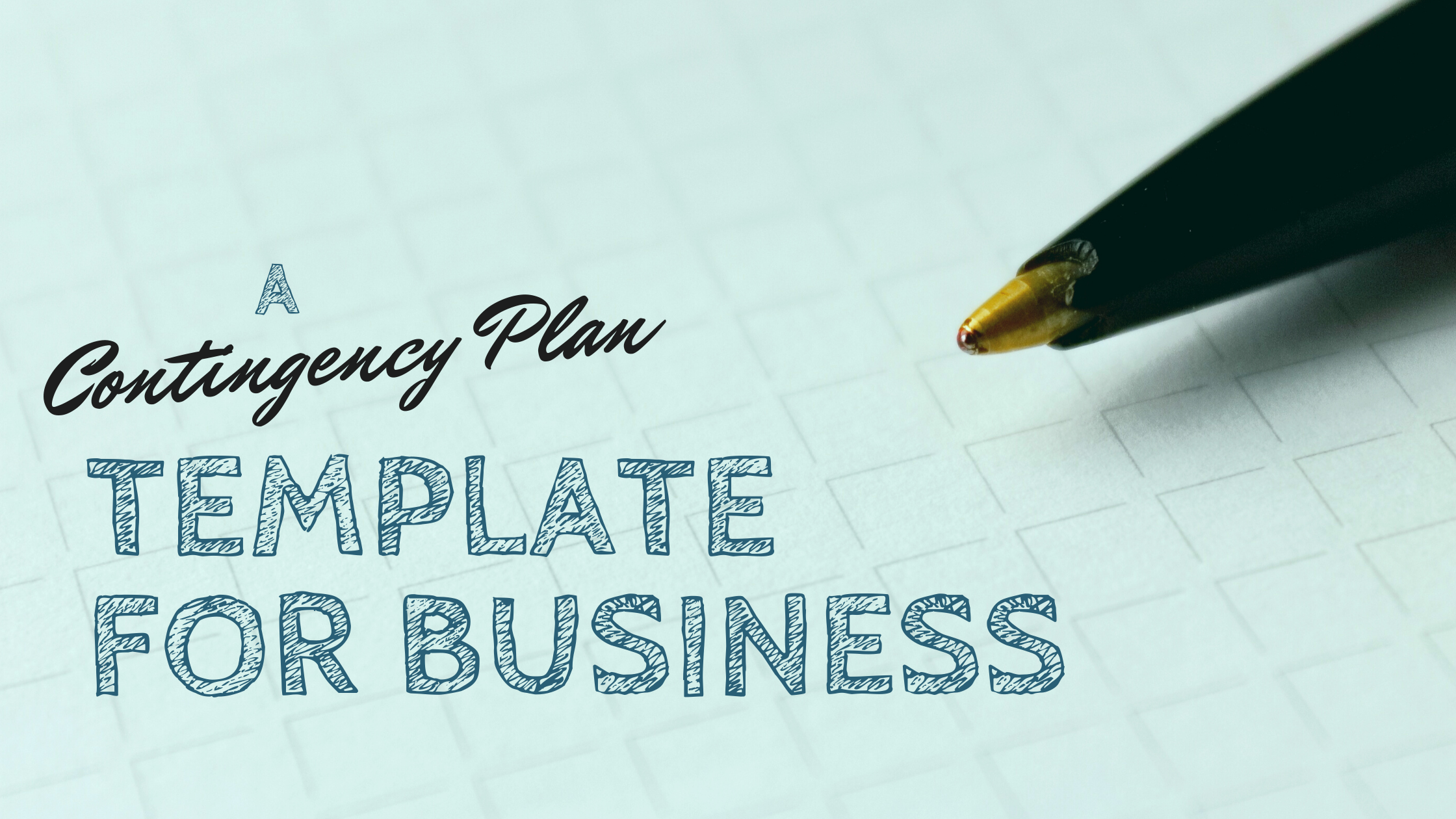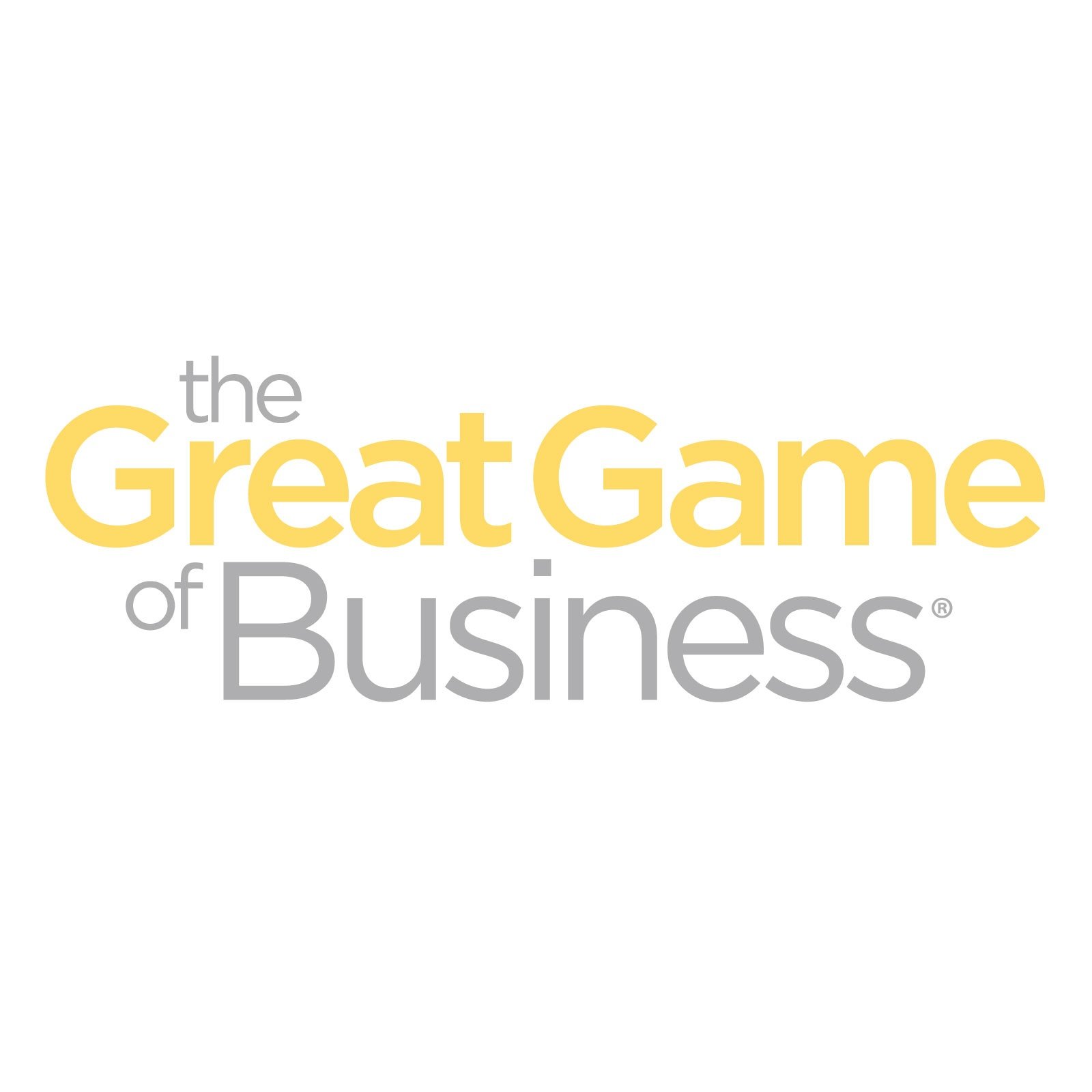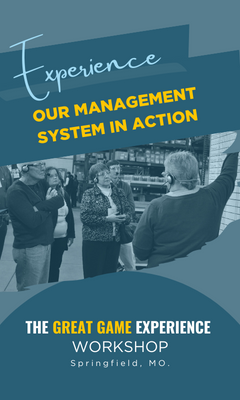
If you’re an owner, president, or leader in your company, anticipating setbacks or failures isn’t an easy task. Even if you can foresee these unfortunate circumstances, developing a strategic plan may not be on the top of your to-do list. What’s your “Plan B” if you lose a big client or a client needs you to increase your support significantly? What happens during difficult times when the economy takes a downturn? Do you know what you would do if a critical team member were to leave during a busy season? If 2020 has taught us anything, it’s that your business can’t wait until that moment occurs to find out.
Better Contingency Plans
Creating a business contingency plan doesn’t have to be daunting. A key aspect of understanding how you can create better business plans lies in the principles you operate your business. Companies who follow the practices and principles of The Great Game of Business work through a planning process we call High-Involvement Planning™. High-Involvement Planning, or HIP, is a business planning process that gets everyone in the organization involved. Employees throughout the organization gather bi-annually to present data, go over SWOT analyses and put contingency plans in place to continue the growth and development of their departments and the company as a whole.
Why It Works
The idea is, when you have more eyes on a problem, you’ll come up with more solutions. Through the years, it’s been clear that those companies who practice The Great Game of Business both foresee and plan better than those who do not. Creating contingency plans places your organization on a proactive path instead of being reactionary. Often, those without a backup plan suffer further losses because of an inability to take quick action.
You Don’t Need a Crystal Ball
The point of having contingency plans in place is to navigate the unforeseeable. With contingency plans, you have options when the unforeseeable happens.

March 2020, SummitCove (along with the rest of the world) found itself exactly in an unforeseeable situation. SummitCove, a Vacation Resort in Keystone, CO, was in the midst of peak season when COVID hit the U.S.
On March 5th, they received a call from the local Health Department informing them one of their guests was the first confirmed case in Keystone, CO. Owner, Peter Reeburgh, said looking back, “his first thought was ‘oh my god, what do we do?'” By this point in time, Peter and his team had been implementing The Great Game of Business for five short months, and this was one of the most critical times of the year for them. They were at the two-week point of making the most money they would make all year, and it just didn’t happen. Leading up to March 5th, they had a profit before tax plan of $670,000, which went down to $30,644 in a matter of days. On our Change the Game Podcast, Peter was sure to point out the $44, “And I’m telling you about the $44 because those $44 makes a lot of difference at this point.”
<<Listen to Peter Reesburgh weeks after getting hit with COVID >>
Time to triage — Peter and his team had emergency protocols to put in place, quick pivots to make, safety measures to ensure. It was a lot, and everyone worldwide was beginning to feel the pressure that this pandemic brought to the forefront. Being able to act in an emergency is vital in a business. But being able to plan, forecast, and adjust in the face of adversity is imperative in a company. That is just what SummitCove did next.
SummitCove may not have been able to foresee COVID, but they had already laid the groundwork to be able to pivot during a crisis. For years, they had been kicking around the idea of drive-in check-in. “So suddenly, we went from that sorta kicked around idea to reality within a few hours. So we had a drive-in check-in. We started communicating with guests about not coming into our office; we would come out to you and hand you your keys in the car. I was on a live chat with my team, and the first three guests just ignored everything. They came right into our office, with all the signs and everything. We made a few tweaks, and it went from idea to implementation in just hours. I was so impressed with our team for doing that,” said Peter. Having this idea kicking around was great because when the time was right, they could implement a quick change and pivot to fit the need.
We all know that this was not the end of the story. COVID didn’t stop. Peter and General Manager, Tyson Horner, sat down to plan what was next. Peter told us they decided to prepare for the worst possible case scenario and work their way backward. By the time Summit County sent out their health order to shut down and let guests go, the ink hadn’t even dried on the plan.
- Summit Coves sales team and vacation planners are all working these days remotely.
- That kick-around idea to have curbside check-in is now their norm.
- Although they had to shut down the resort for a time, they had been planning, working to be cash positive, and put themselves in a great position not to lay off any employees during the pandemic.
Peter told us when he made that announcement [that they were shutting down], he also announced he would be giving everybody two paid days off. During those two days off, he put it in the hands of his employees to think of things that they all can do together to cover payroll and keep working. “That’s all we’re going to do, we’re gonna work our way out of this hole that we just got ourselves into, or it happened to us, and we fell into,” said Peter.
Two days later, they compiled a list of about 140 ideas. Some were off the wall, but they were all realistic and expanded upon what they already did well. Peter said, “Just seeing a team come together and be really creative. You know, it wasn’t just two people coming up with a ton of ideas. Everybody came back with two or three ideas. It was unbelievable. And that list is what saved us. It really did. It’s kept us busy. It’s expanded our business over the last year or so.”
Thanks to the improvements the company had made playing GGOB, the company’s cash forecasts looked solid in the short-term—which meant nobody’s job was at stake. In fact, the team banded together to find new business, generating new ideas every week—like landing painting and carpet cleaning jobs—to cover their shortfalls. “COVID kicked our butts, and we rallied together to find ways to earn a steady paycheck,” says Reeburgh. Those moves have propelled them into 2021, where demand is surging. More recently, the business purchased their own laundromat as a way to save costs and offer new amenities to their customers (like robes). What Reeburgh might be most proud of is how the business was able to generate enough money to make a generous contribution to their local food bank right in the thick of the crisis.
<< Podcast Interview with Peter Reeburgh 18 months after the pandemic >>
Knowing you Need a Contingency Plan is the Easy Part
Creating an effective one can be tricky if you don’t know what you’re doing. Luckily, The Great Game of Business has developed a proven contingency plan template tool to guide you. A growth and contingency evaluation template give you a starting point that helps you consider and evaluate your team’s response to things like the loss of a big client, or a sudden increase in customer demand, new market opportunities, or a black swan event.
The Great Game of Business is a community of business people, a business operating system, and a network of business coaches devoted to educating, empowering, and engaging your people in the business. Get the business you want by doing business differently.
.png)









.png)




-5.png)

